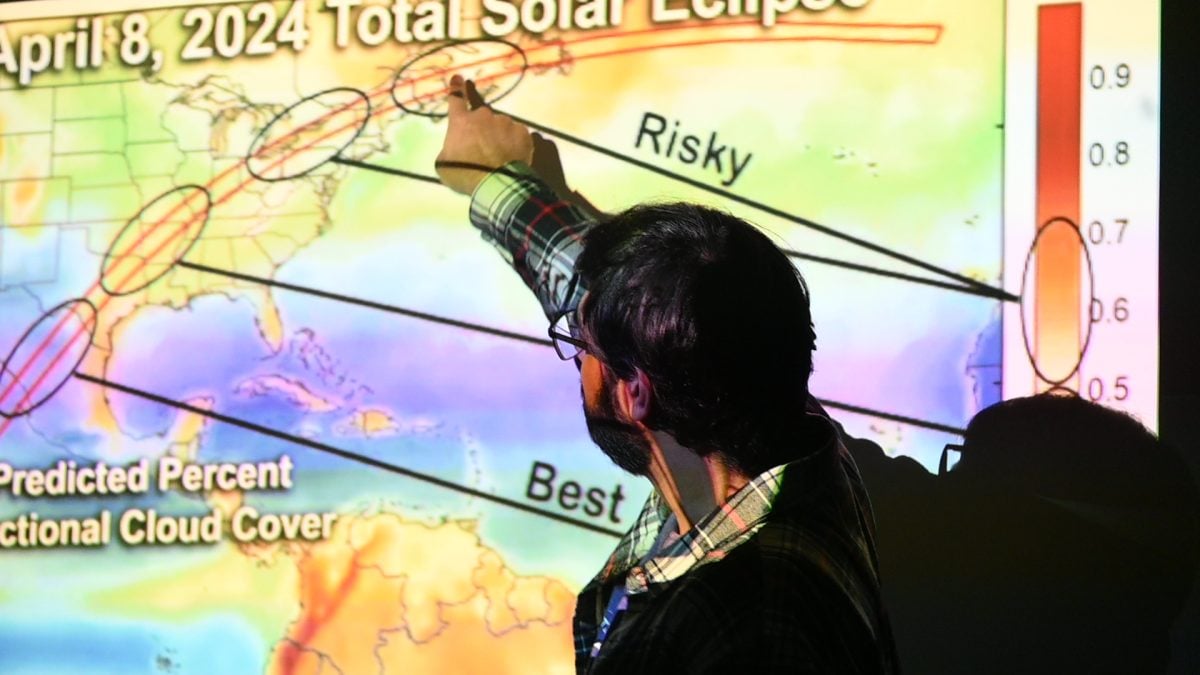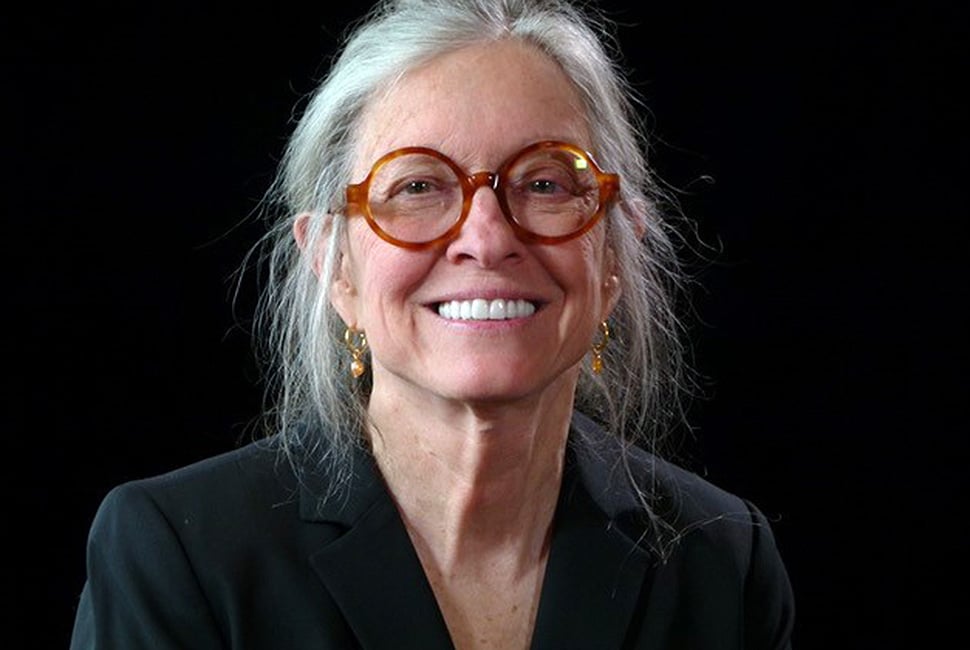Faculty, staff and graduate students discussed strategies for fostering meaningful classroom dialogue and supporting students grappling with trauma at an online workshop Thursday morning.
The interactive session was sponsored by the Searle Center for Advancing Learning and Teaching as part of the One Book One Northwestern program. The workshop was facilitated by Searle Center postdoctoral scholar Laura Ferdinand and inclusive teaching project administrator Eun Sandoval-Lee.
Ferdinand and Sandoval-Lee began the session by introducing three ideas: trauma-informed pedagogy, intergroup dialogue and intercultural communication, they said. They examined passages from the 2023-2024 One Book selection “Crying in H Mart.”
According to Ferdinand, the themes tackled in “Crying in H Mart,” including grief, family and racial and cultural identity, are more relevant than ever for teaching Generation Z students.
“We knew that (“Crying in H Mart”) was being adopted in a lot of courses,” Ferdinand told The Daily. “So to be able to help facilitate those dialogues to really make sure that they’re meaningful and respectful seemed key.”
During their talk, Ferdinand cited studies showing that Gen Z is both more racially and ethnically diverse than previous generations, and is highly likely to have experienced at least one mental health issue due to stress.
She then introduced ways of working through trauma in the classroom, such as implementing flexible class schedules and including students in decision-making processes.
“Most instructors are not certified social workers or mental health professionals, and we really don’t expect instructors to have that role,” Ferdinand said. “So really good trauma-informed pedagogy will not expect you to have that position, but will give you plenty of strategies for supporting students who have experienced trauma.”
Sandoval-Lee then introduced the framework for conversations between members of two or more identity groups in the classroom.
During the process, which she called intergroup dialogue, students developed an understanding of theories relating to difference, privilege and power. They also discuss controversial issues and reflect on the discussions, according to Sandoval-Lee.
Ferdinand followed the discussion with an introduction to intercultural theory, which applies to situations in which people from multiple cultures interact with and influence one another.
“We hope that instructors can learn how to structure opportunities for collaboration and interaction with peers among students,” Sandoval-Lee said. “Collaborative learning fosters intercultural competencies and grounds course materials in a broader context.”
Organizers put workshop participants into breakout rooms, where they practiced facilitating and participating in dialogue using excerpts from “Crying in H Mart” relating to identity, family and grief. Members took turns playing the roles of a student participating in a discussion, and an instructor facilitating it.
Psychology Prof. Almaz Mesghina said she appreciated being able to experience class discussions from a different perspective.
“It’s always refreshing to be put on the student side of things,” she said. “Because (as a facilitator) you’re like, ‘yeah, of course I’m gonna talk about intercultural stuff,’ but it’s difficult to live in it.”
Mesghina said she loved reading “Crying at H Mart” and wishes there were more opportunities for faculty to discuss the book beyond this workshop.
SESP Prof. Ritu Tripathi echoed that sentiment. Tripathi said she hopes to use “Crying in H Mart” in her classes to provide students with relatable anecdotes about Asian American identity.
“Perhaps as a sequel to this workshop, those of us who adopted this book and excerpts from the book in the classroom could discuss our experiences,” she said. “A follow-up on that would be great.”
Email: [email protected]
X: @joyycee_li
Related Stories:
— Block hosts discussion on artwork ‘Noah at the Table’ from ‘Crying in H Mart’ collection















